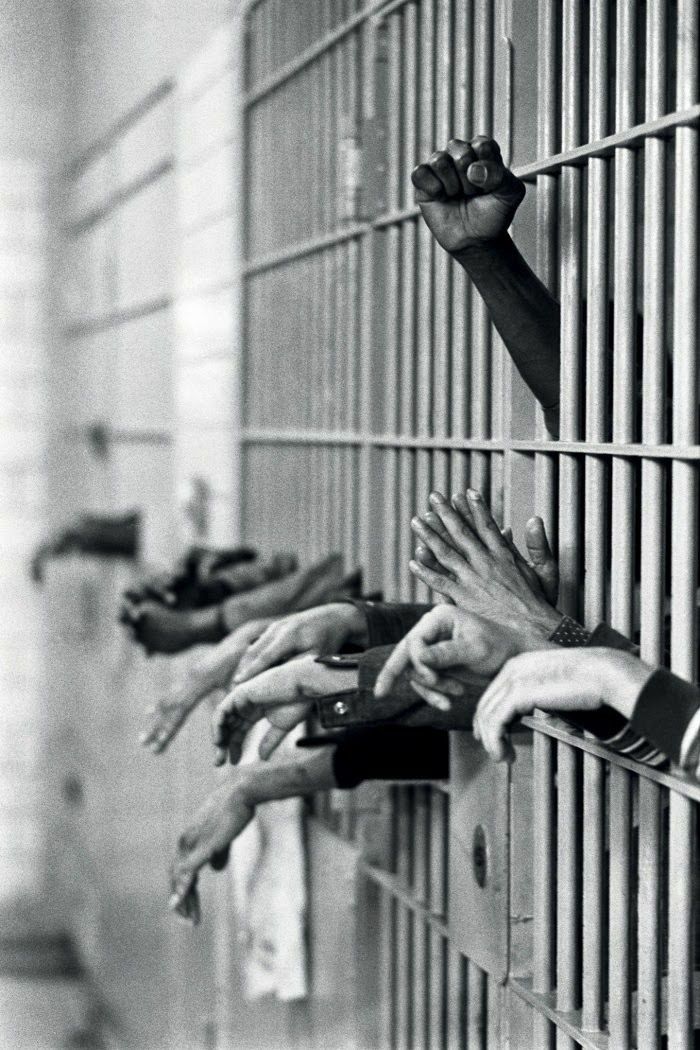Is Retributive Justice Antiquated?
Jun 25, 2019 • 42 views
Wound for an equal wound has been a quintessential notion of absolute justice.
The Indian justice system is retributive and entirely revolves around three aspects of the event which are: who broke the law? What law was broken? And what is the punishment for it?

On the basis of these three questions, the whole procedure begins. Violation of law and state is the ground for the functioning of the justice system.
Once the person who has been speculated for a crime is proven guilty, he/she is sent to prison or is asked to pay the penalty or maybe both ( depending on the three questions stated before).
During imprisonment, criminals have to suffer for their deeds and are tortured for their sins.
This way of serving justice fulfill both the motive of its presence.
The two motives of justice are:
To punish the criminal, also locking them so that they cannot perform more such crimes.
To provide satisfaction to the victim by punishing the criminal or by paying reparations (maybe both in some cases)
"Retributive justice is deeply entrenched in our religious beliefs, our social landscape and in our social web of complex expectations".
-Minal Haq
Retribution has sunk the system so deep that any other way of serving justice is not taken under into consideration even after the increase in the number of crimes.
A report published by the National Crime Records Bureau compared the crime rates of 1953 and 2006, It was noted that kidnapping has increased by 47.80% and Murder has increased by 7.39%.
Another report says that Rape cases in India have doubled between 1990 and 2008. And even in 2019, women are tortured for dowry in every 77 minutes.
On different levels, the system has somewhere or the other failed to deliver justice (as an enormous increase in crimes is visible).
When penetrated into the depths of the justice system, it can be understood that the retributive pattern is driven by the idea of REVENGE.
Now revenge is not solely a human emotion but has also become the basis of our justice system. This sentiment is so mixed up with justice that we seek for mental satisfaction out of any verdict delivered
by the court.

Keeping an eye on the colossal rise in the number of crimes and declining safety of the citizens, it can be said that the system in the height of the crisis,
But staying in the crisis is a collective choice.the new justice pattern should be followed?And if yes then, what alternative is present?
An alternative which has been practiced in countries with low crime rates is Restorative justice. This system involves Rehabilitation, prevention, and reintegration.
This method firstly eradicates the sentiment of revenge and focus on the mental condition of the criminal, psychological changes are being made, they are kept under surveillance until a visible change is seen in the criminal. when a transformation is noticed, they are then integrated with society. And during this whole process, the criminal is shown how he/she has made a negative impact on the victims life.
"The restorative justice helps the victim in a realistic way to survive the criminal act and to help them to go forward with life".
-Ard Van Der Steur
This justice system is followed in countries like the Netherlands, Norway and a few others and it's seen that these countries have a lower crime rate compared to the countries which follow the retributive system.
But now the question arises, the question is what about the heinous acts? Should the criminals who committed a heinous crime to be taught or be punished?
Manier times the height of cruelty touched by the criminal can be undeserving of a second chance. It leads to a dilemma, a choice has to be made between punishment and rehabilitation.
Well, both the system has pros and cons, but the real concern is the choice. It is a choice that we as educated people can make.
